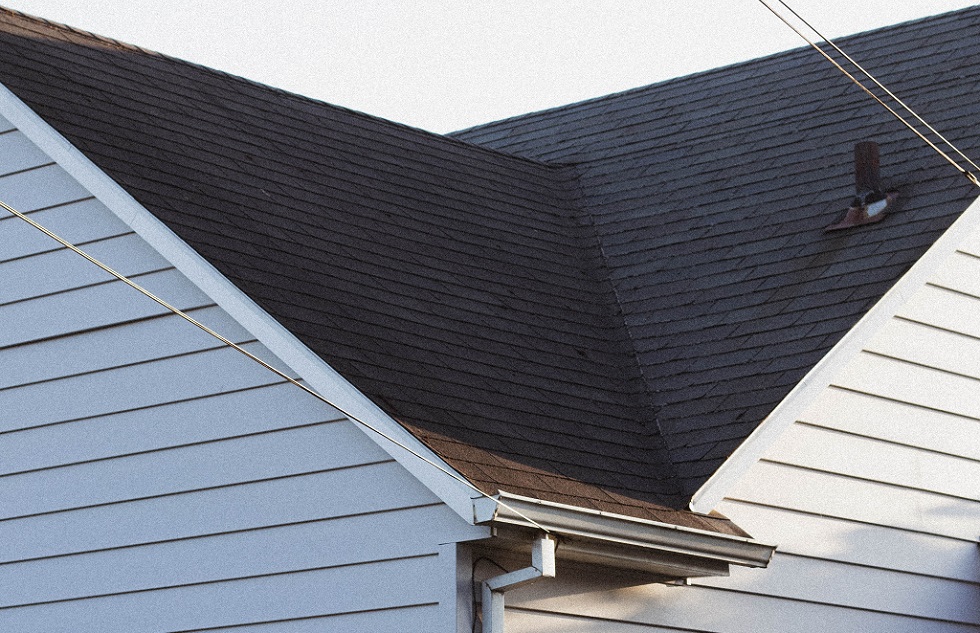Learn about what to do after your Florida home has suffered roof damage from a storm
Every year, storms hit the state of Florida and many Florida homes suffer roof damage as a result. If your home is one of those, you may be wondering what to do next. This article will provide you with some information on the subject.
Assess the damage or call a professional to assess it for you
If you’ve recently had a storm pass through your area and you suspect that your roof may have been damaged, you’ll need to assess the damage to determine if repairs are necessary. To do this, you’ll need to inspect the roof for missing or damaged shingles, water stains on the ceilings or walls inside the home, and any other signs of damage. If you see any damage, make a list of it and take pictures so that you can provide them to your insurance company.
If you’re not comfortable assessing the damage yourself, or if you believe that there may be more serious damage than what you can see, it’s best to call in a professional roofing contractor to inspect the roof and make repairs as necessary. A professional will be able to tell you exactly how much damage was done and will be able to recommend the appropriate repairs. If you need a professional to assess your roof damage, contact The Landau Law Group, and we can help document the damage and assist with the claim from the start.
Make temporary fixes to minimize damage
If you’ve recently discovered that your roof has been damaged in a storm, there are some temporary fixes you can make to minimize the damage until you’re able to get it repaired. One of the most important things to do is to keep any water from getting into the home. You can do this by covering any holes in the roof with a tarp or plywood and by making sure that all of the gutters and downspouts are clear so that water can flow away from the home.
You can also cover any broken or missing shingles with roofing tar or asphalt cement to keep the elements from causing further damage. If there’s a large hole in the roof, you may need to put a bucket or piece of wood under it to catch any water that does manage to get through. These are just temporary fixes, though, and you’ll need to have the roof repaired as soon as possible.
Contact your insurance company
If your home has suffered roof damage as a result of a storm, you’ll need to contact your insurance company as soon as possible. They will likely send out an inspector to assess the damage and will work with you to get the roof repaired. In some cases, they may even provide a temporary roof while the repairs are being made.
Be sure to keep track of all of the expenses related to the roof repairs, including the cost of the inspection, the cost of materials, and the cost of labor. You may be able to get reimbursed for some or all of these costs by your insurance company.
Contact a roofing repair company
Once you know how much damage needs to be repaired, get quotes from several different roofing contractors so that you can choose the one that’s best for you. Be sure to ask about the materials they’ll be using, the warranty on their work, and any other questions you have.
Once you’ve chosen a contractor, have them come out and do the repairs. Most roofs can be repaired fairly quickly, so there shouldn’t be any long wait times. Once the repairs are complete, enjoy your new (and hopefully storm-proof) roof!
Contact the Florida roof damage attorneys at Landau Law
If your roof was damaged and you believe that your insurance policy should pay for repairs but they either have denied your claim or aren’t paying the full value, a roof damage lawyer may be able to help. Oftentimes, just having an attorney on your side is enough for your insurance company to change their tune and work towards a better deal so that they can avoid going to court.
If you need help with a Florida roof damage claim, contact the roof repair attorneys at Landau Law for a free case consultation.
Florida Property Damage Lawyers
Property Damage Blog Posts
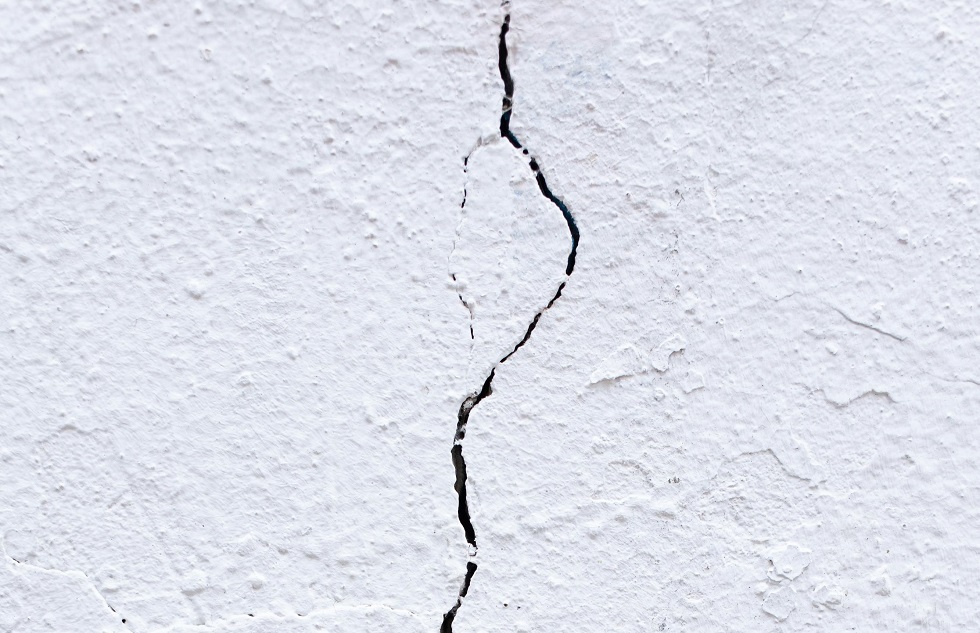
How Do Home Insurance Companies Determine Pre-existing Damage?
Home insurance companies employ various methods to assess pre-existing damage when evaluating property damage claims. This process is crucial for insurers to determine the validity and extent of coverage for property damage. Insurance adjusters conduct thorough visual...

Signs Your Insurance Adjuster Estimate Is Too Low
Insurance claims can be complex, and receiving an adjuster's estimate that seems too low is a common frustration for policyholders. Recognizing the signs of an undervalued estimate is crucial to ensure fair compensation for property damage or losses. Key indicators of...
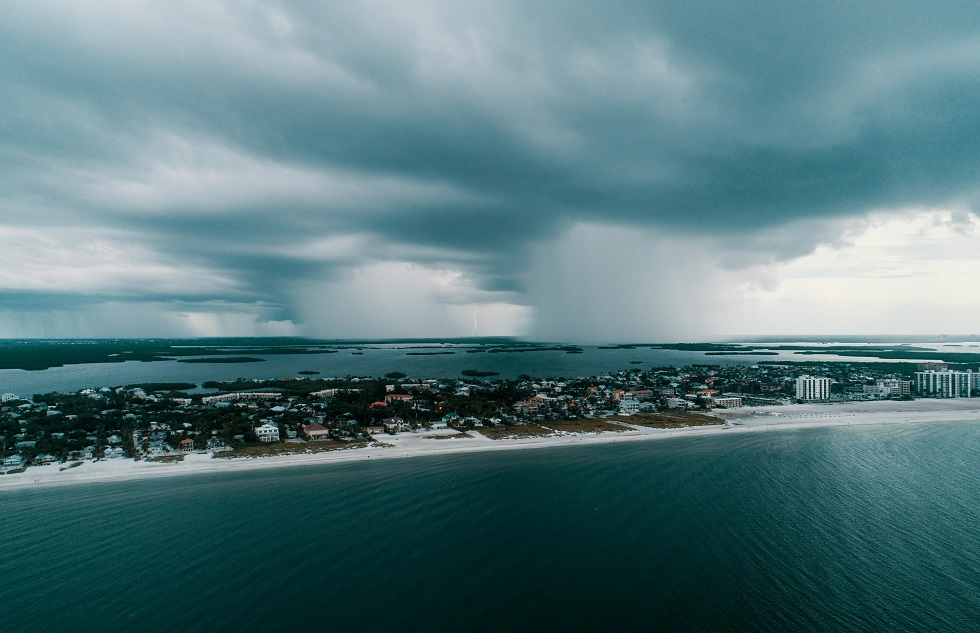
Why Does Florida Have So Many Hurricanes?
Florida is renowned for its beautiful beaches, vibrant culture, and, unfortunately, its frequent encounters with hurricanes. The state's unique geographical location and climate conditions make it particularly vulnerable to these powerful storms. Florida's position on...
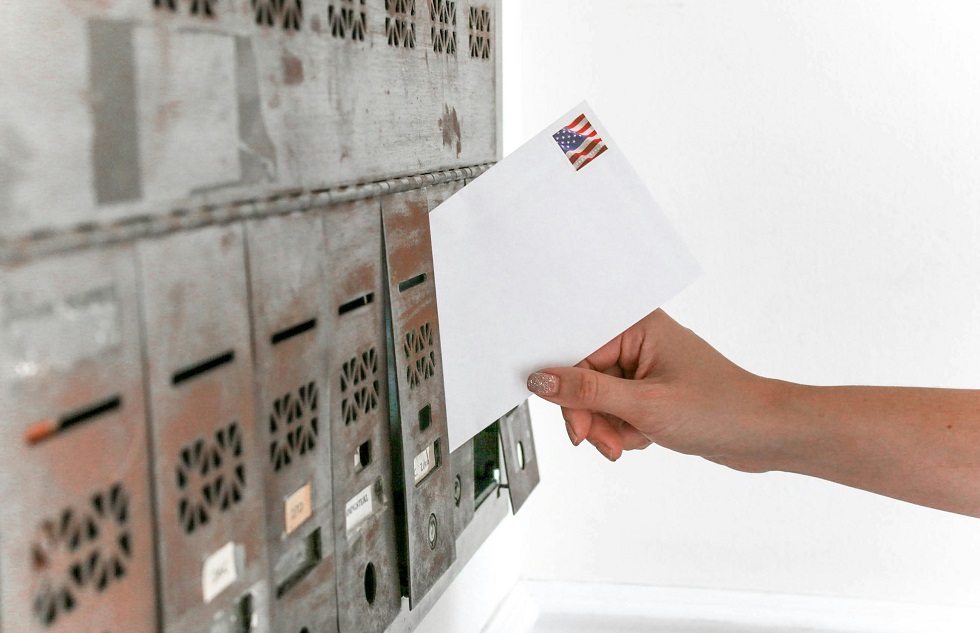
What To Do If You’re Denied Hurricane Damage Claim For Home
Hurricane damage can be devastating for Florida homeowners, leaving them in a state of distress and financial uncertainty. When insurance claims for such damage are denied, it adds another layer of stress to an already difficult situation. Facing a denied claim...
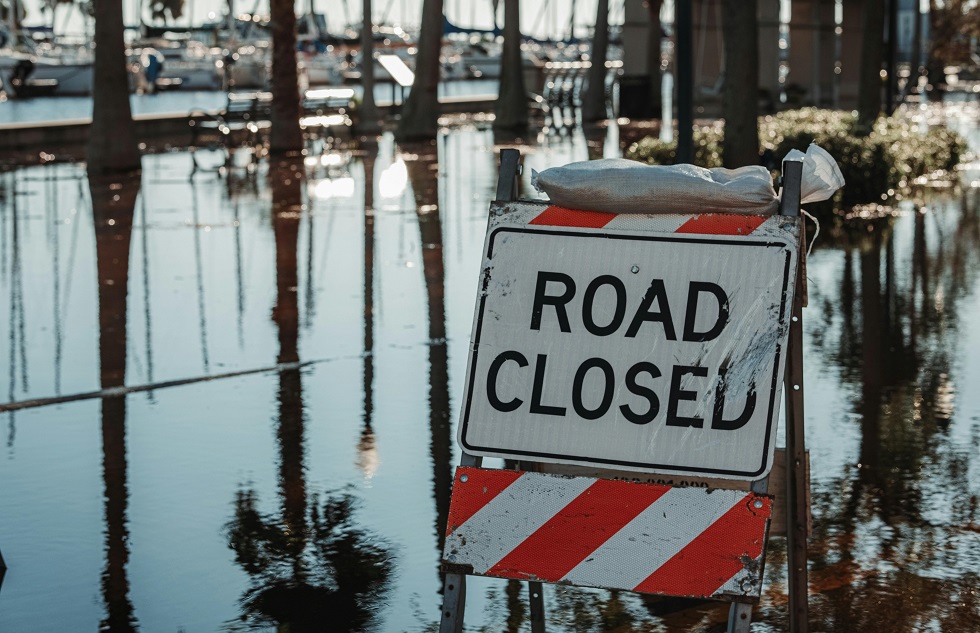
Guide To Documenting Damages For A Florida Flood Claim
Proper documentation of flood damage is crucial for a successful insurance claim in Florida. When floodwaters recede, homeowners face the daunting task of assessing and recording the extent of their losses. Thorough documentation, including photos, videos, and...

What To Do If You Disagree With A Home Insurance Adjuster
Dealing with a home insurance claim can be stressful, especially when you disagree with the adjuster's assessment. Many homeowners find themselves in this frustrating situation after experiencing property damage or loss. If you disagree with the insurance adjuster's...
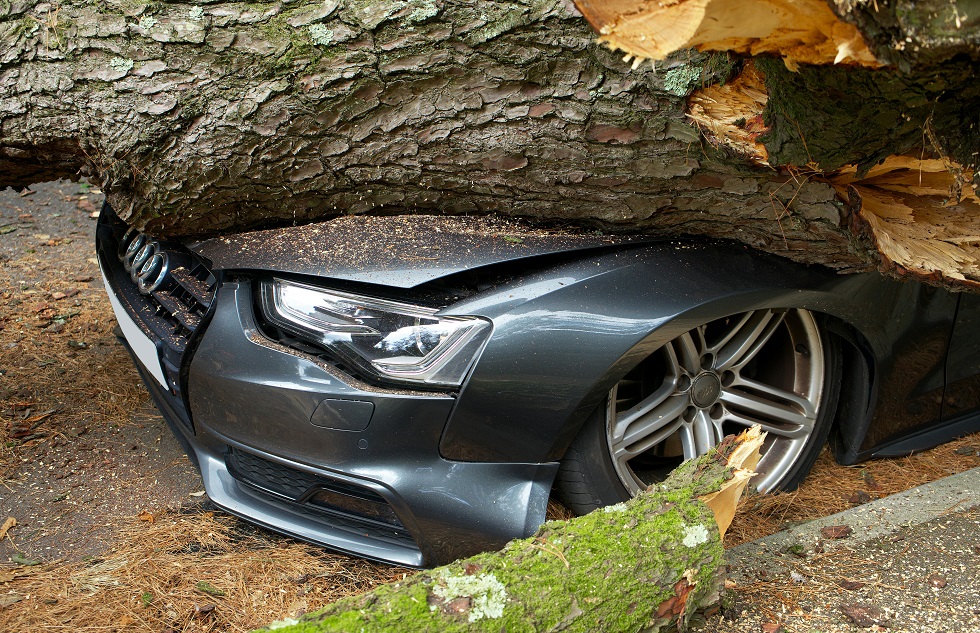
How To Sue Your Neighbor for Property Damage in Florida
Property damage disputes between neighbors can quickly escalate, turning once-friendly relationships sour. If you're facing significant property damage caused by a neighbor in Florida, legal action may be necessary to protect your interests and recover damages. In...

Common Reasons Your Florida Hurricane Damage Insurance Claim May Be Denied
Florida homeowners face a daunting challenge when their hurricane damage insurance claims are denied. Understanding the common reasons for these denials can help you navigate the claims process more effectively. Insurance companies may deny claims due to inadequate...




